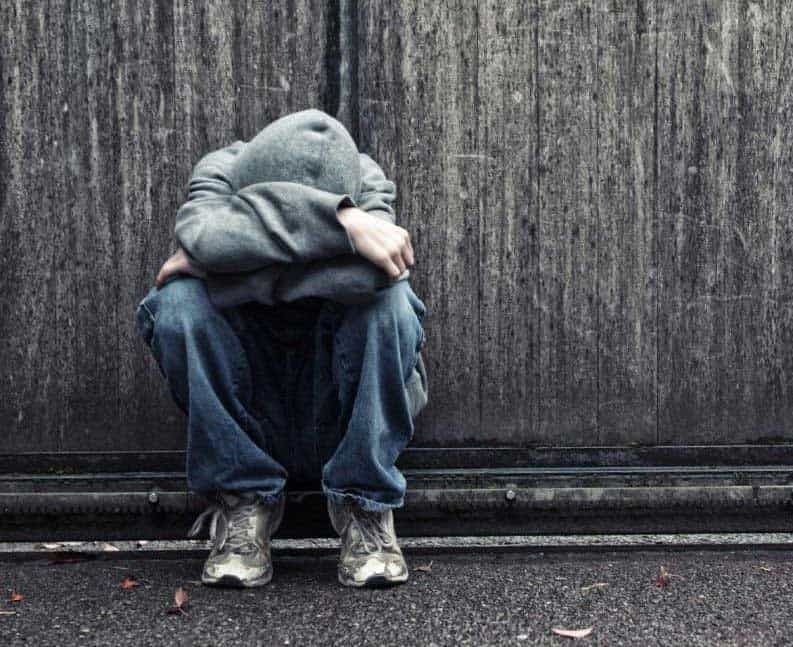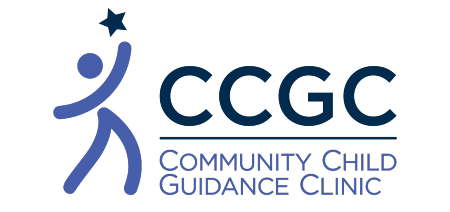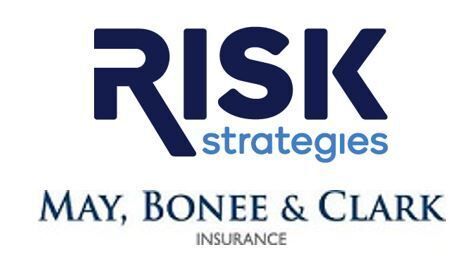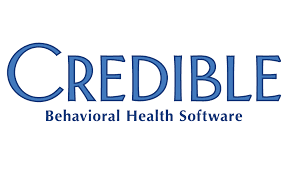Mental Health Month Sheds Light on Child Abuse Victims
By Kevin McMahon

May is Mental Health Month, and it is an annual observance led by Mental Health America to raise awareness and end the stigma surrounding mental health issues. It is also a time to bring attention to resources that are available to those who are suffering from a mental illness and how these resources are adapting to the current pandemic crisis.
Right now, mental health is particularly important as we endure quarantines and social distancing, and continuously adjust to the restrictions that are implemented in order to keep us safe. Although it is an uncertain and even scary time for many of us, it’s important to think of those who are even more vulnerable under the circumstances that are out of their control. Experts are especially worried that children living in abusive or neglectful environments are at an even greater risk during quarantine.
Nearly 700,000 children are victims of sexual abuse in the United States every year. Unfortunately, many of these children grow up to develop a range of mental and emotional health issues, including depression, anxiety, and post-traumatic stress disorder (PTSD). PTSD is characterized by symptoms including re-experiencing a traumatic event, avoiding people or places that are associated with the abuse, and exhibiting changes in mood and behavior.
While approximately 90% of child sexual abuse victims know the perpetrator in some way, such as a family friend, neighbor, coach, or religious leader or priest, about 68% of child abuse victims are harmed by family members they are now quarantining with. According to Community Impact, “One of the driving factors experts believe could contribute to increases in child abuse during the coronavirus pandemic is the mental and physical stress experienced by both adults and children.” Because schools are shut down and businesses have closed their doors, putting thousands of people out of work, victims and abusers are spending longer periods of time in close quarters, which can heighten anxiety and stress in a household.
The nationwide lockdowns are isolating vulnerable children from getting the help they might otherwise receive, particularly from mandated reporters in schools and extracurricular programs. With so many businesses having employees working from home or closed entirely during the pandemic, conventional counseling services, domestic violence shelters, and other nonprofit organizations might not have the funding or the staff to serve those who are in need. Thankfully, CCGC was not forced to halt operations amid the pandemic and is capable of assisting the individuals and families who need it most.
Despite the lockdowns and business closures, there are still a number of organizations, like CCGC, that are stepping forward during this global crisis to offer resources for abuse victims. Telehealth is becoming an increasingly accessible route for individuals to connect with health professionals online, from pediatric care to counseling services. Child abuse victims and survivors can also receive emergency assistance from organizations like RAINN or the National Domestic Violence Hotline. Connecticut-based organizations like Victims of Crime Assistance (VOCA), and AbuseLawsuit.com offer numerous resources to victims and survivors of abuse, including crisis counseling, advocacy services, and victim compensation.
Mental Health Month presents an opportunity to show child abuse victims that they are supported, especially when they are isolated and alone during quarantine. Raising awareness to the children and families who are struggling right now can help connect them with the resources and services they need to cope with a mental illness and survive an abusive situation.











